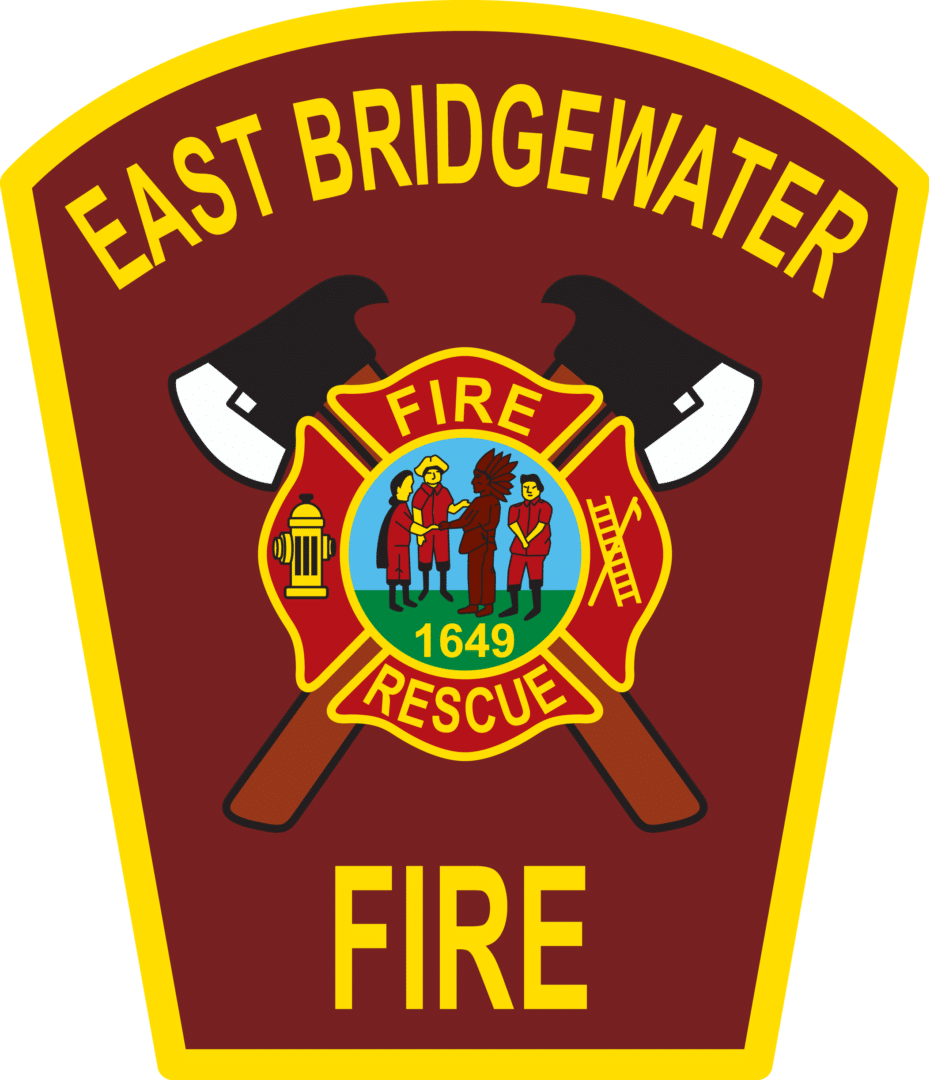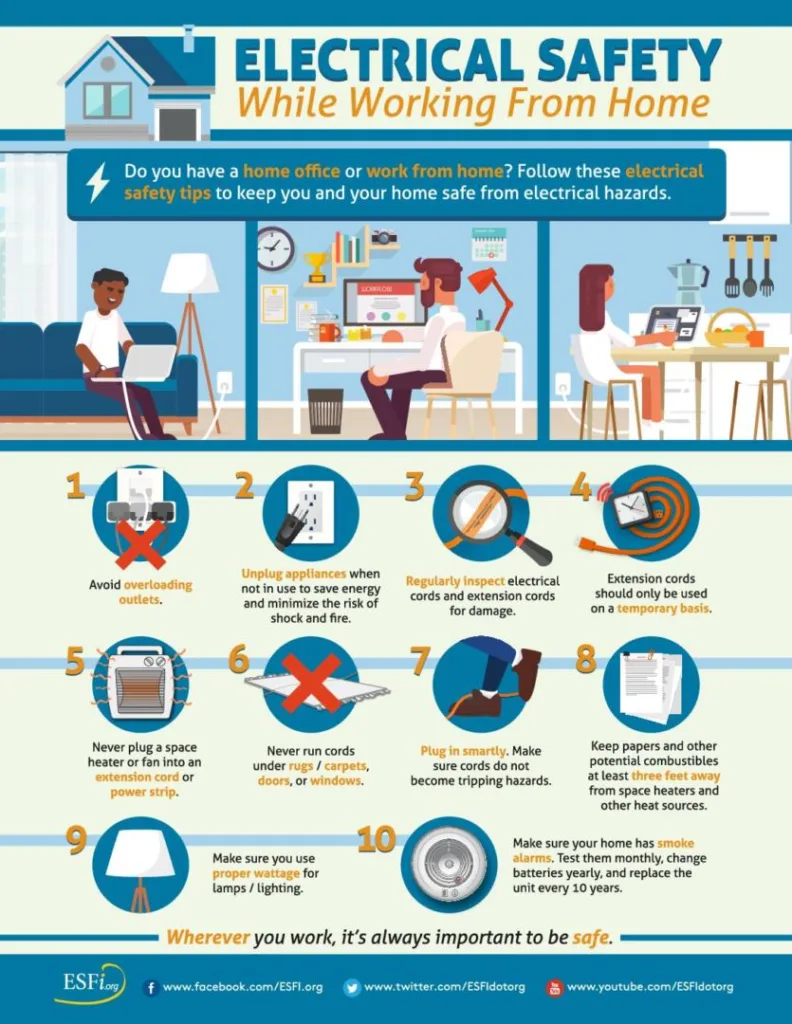May Recognized as National Electrical Safety Month
EAST BRIDGEWATER — Chief Timothy Harhen and the East Bridgewater Fire Department wish to remind residents of important electrical safety tips this May.
Each year during the month of May, the Electrical Safety Foundation International (ESFI) recognizes National Electrical Safety Month to raise awareness about electrical safety.
According to the Massachusetts Department of Fire Services, electrical fires are the second leading cause of home fire deaths in the state and electrical problems caused a reported 2,794 home fires from 2014-2018.
“With so many people working and staying at home given the ongoing COVID-19 pandemic, it is more important than ever for residents to practice electrical safety,” Chief Harhen said. “There are many things people can do to be safe, ranging from properly handling small electrical devices to relying on qualified electricians for major electrical work in their home.”
The National Fire Protection Association (NFPA) offers the following electrical fire safety tips:
- Make sure all electrical work is done by a qualified electrician.
- When buying a new home or remodeling, have it inspected by someone qualified to do so.
- Don’t plug more than one heat-producing appliance into an outlet, like a space heater or toaster.
- Do not plug a major appliance, like a refrigerator, dryer, washer, stove or air conditioner, into an extension cord. These machines need to be plugged directly into a wall receptacle outlet.
- Consider having an advanced circuit breaker installed, which will shut off electricity when a problem is detected.
- Do not run electrical cords across doorways or under carpets. Extension cords are intended to be used temporarily.
- Make sure you’re using a light bulb with the correct number of watts.
- The NFPA encourages people to call a qualified electrician if fuses blow frequently in the home, circuit breakers frequently trip, you have a tingling feeling when you touch an electrical appliance, wall outlets are warm or discolored, a burning or rubbery smell is coming from an appliance, you notice flickering or dimming lights or see sparks coming from an outlet.
The NFPA also has several tips for outdoor electrical safety:
- Only use lighting, power tools and extension cords that are meant to be used outdoors and have been listed by a qualified test laboratory.
- Store electrical tools indoors and keep them away from children.
- Make sure the area around your electric meter and other electrical equipment is clear.
- Before turning on a light or using an extension cord, check it for damage. Do not use damaged cords.
Electrical Safety While Working From Home
In the midst of the COVID-19 pandemic, many people are conducting their business from home. The ESFI offers the following tips:
- Limit the amount of devices plugged into an outlet to avoid overloading it. Extension cords should only be used on a temporary basis as they are not a replacement for a wall outlet.
- Ensure all of your appliances are unplugged when they are not in use to save energy and minimize the risk of shock or fire.
- Regularly inspect electrical cords and extension cords for damage.
- Plug in your devices smartly. To ensure your cords are not a tripping hazard, refrain from running cords under rugs/carpets, doors, or windows
- Avoid charging your phone, laptop or tablet on your bed. Devices that are covered by blankets or pillows may overheat and lead to a fire.
As always, ensure your smoke detectors are tested regularly and functioning as they should, and that everyone in the home understands the sound of the smoke alarm and knows how to respond.
Residents that have any questions about electrical safety can contact the East Bridgewater Fire Department at 508-378-2071. As always, if you have an emergency, call 911.
###

